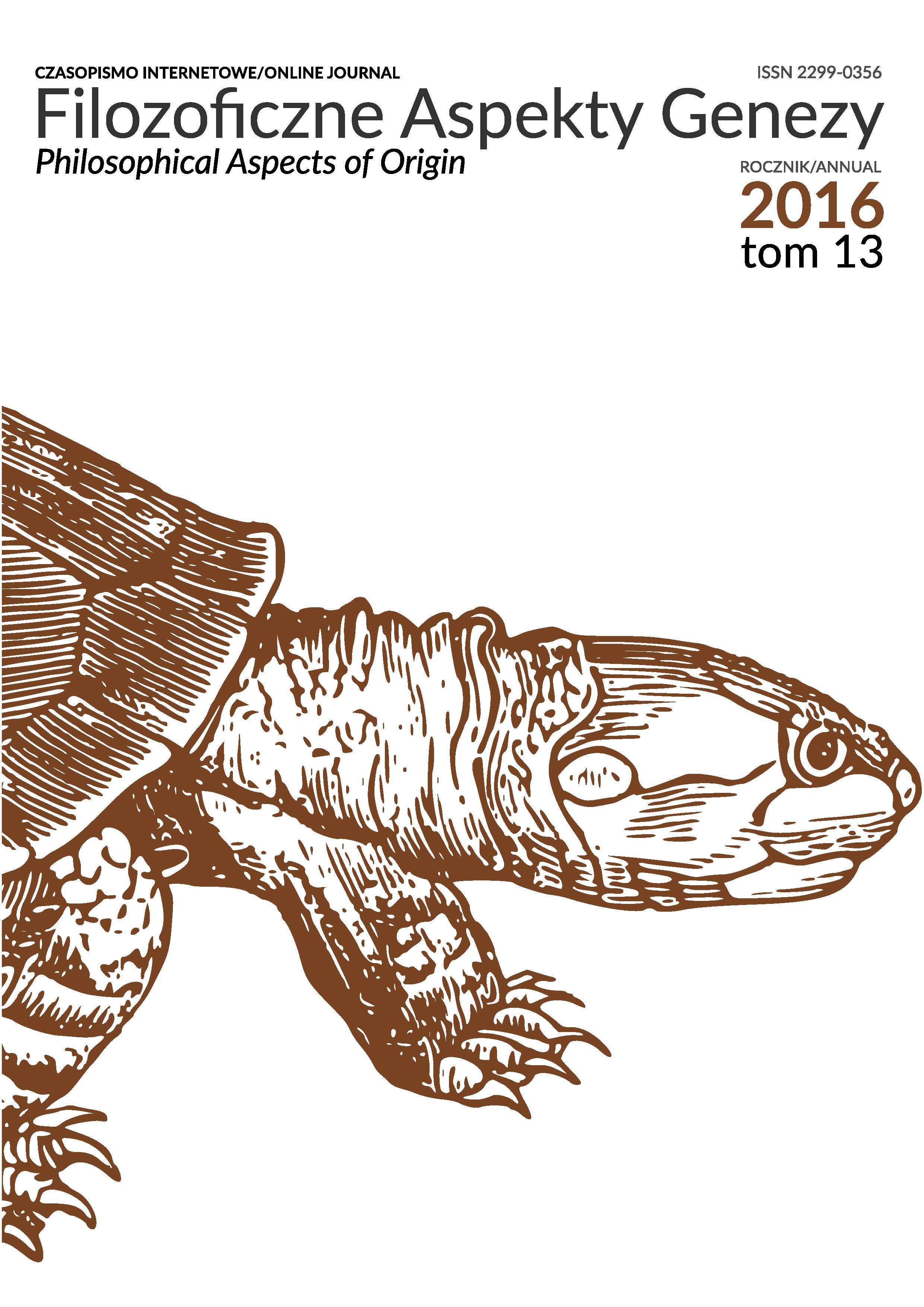Stephena C. Meyera koncepcja „podpisu w komórce” a filozoficzne podstawy nauki
Stephen C. Meyer’s Concept of “Signature in the Cell” and the Philosophical Foundations of Science
Author(s): Małgorzata GazdaSubject(s): Philosophy of Science
Published by: Instytut Filozofii, Uniwersytet Zielonogórski
Keywords: naturalism; epistemic framework for science; intelligent design; information; causal adequacy criterion
Summary/Abstract: This article presents Stephen C. Meyer’s concept of “signature in the cell”, which he develops as an advocate of the intelligent design theory. He argues that invoking an intelligent cause is the only adequate explanation for the origin of genetic information. In so doing, he violates methodological naturalism, which is currently considered to be a fundamental rule of science; this rule affirms that permissible scientific explanations invoke only natural processes and mechanisms. Instead, for Meyer the fundamental methodological rule of science is to meet the criterion of causal adequacy. In that manner he wants to make his concept a permissible scientific explanation. However, this would require a significant change in the philosophical foundations of science.
Journal: Filozoficzne Aspekty Genezy
- Issue Year: 2016
- Issue No: 13
- Page Range: 7-23
- Page Count: 17
- Language: Polish

